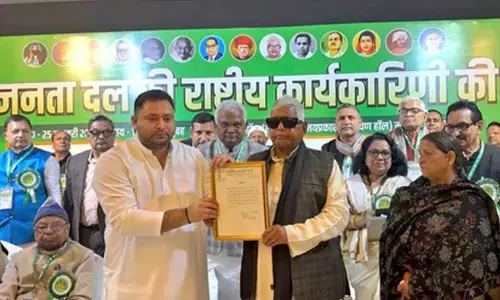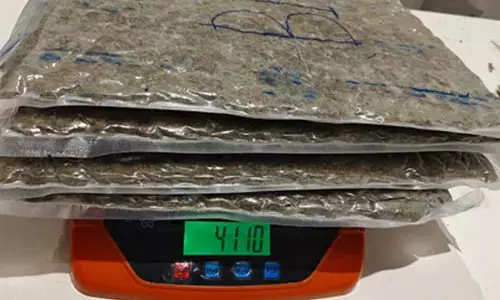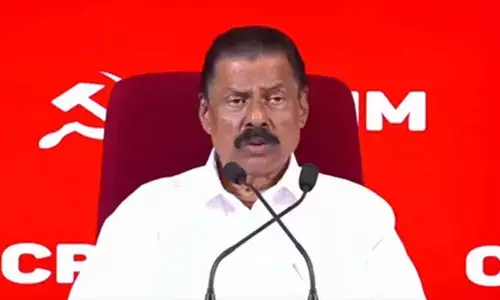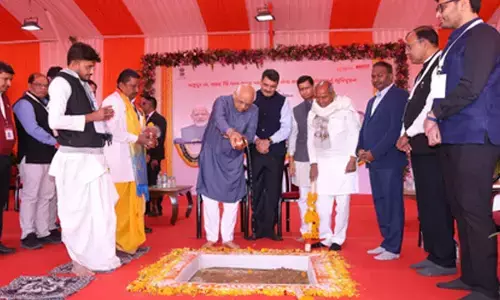The rage to gaze in wonderment
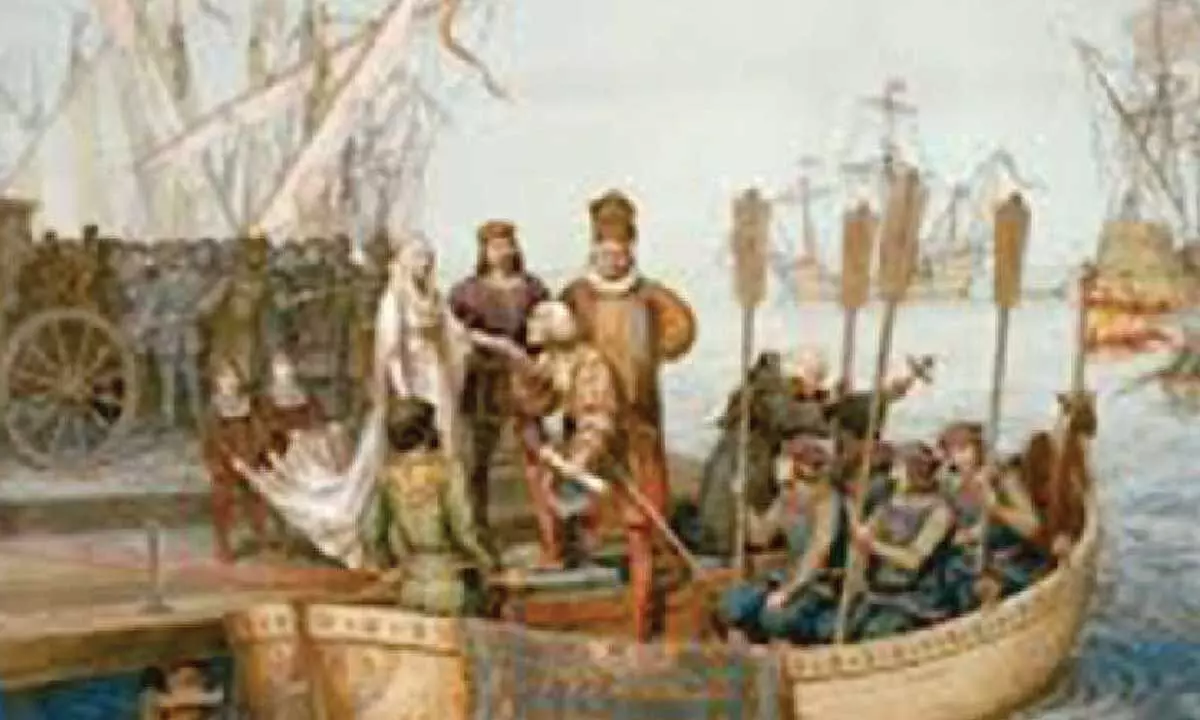
Geographical exploration is a type of quest, the objective being to discover remote lands. One major era, in the history of Earth, saw people moving out of Africa, settling in new lands, and developing distinct cultures.
Geographical exploration is a type of quest, the objective being to discover remote lands. One major era, in the history of Earth, saw people moving out of Africa, settling in new lands, and developing distinct cultures. Early explorers settled in Europe and Asia about 14,000 years ago, with people migrating from Siberia to Alaska, and moving southwards, to settle in the Americas. Another was over the last 10,000 years, involving cross-cultural exchanges, through trade and exploration, and marked a new paradigm, of cultural intermingling
Early writings about exploration date back to the 4th millennium BC in ancient Egypt. One of the earliest, and most impactful, thinkers on exploration was Ptolemy, in the 2nd century AD. Between the 5th century and 15th century AD, most exploration was done by Chinese and Arab explorers. This was followed by the Age of Discovery, after European scholars rediscovered the works of early Latin and Greek geographers. It was the period when European explorers ventured out from their homelands, to explore, conquer, and colonise, other continents. The main areas they travelled to were the Americas, Africa, and East Asia. These lands contained vast natural resources, which Europeans used to their own ends.
This broader knowledge of the world’s geography meant that people were able to make world maps, depicting all land known. The first modern Atlas was the Theatrum Orbis Terrarum, published by Abraham Ortelius, which included a world map that depicted all of Earth’s continents. While there were countless positive developments that occurred during this era, there were also a number of devastating consequences to indigenous peoples, as well as to the ecosystem of the newly-discovered territories.
Exploration can mean many things in different contexts such as, for instance, a preliminary engagement, of institutions or individuals, to pave the way for building a relationship or to describe a preparatory mission, to precede a plan or programmme. The trip this columnist made in 1997 to Eritrea to prepare a blueprint for a programme of assistance by India to Eritrea, under the World Food Programme or the Food and Agriculture Organisation (FAO), is one such example.
Geographical exploration is another type of quest, the objective being to discover remote lands. One major era, in the history of Earth, saw people moving out of Africa, settling in new lands, and developing distinct cultures. Early explorers settled in Europe and Asia about 14,000 years ago, with people migrating from Siberia to Alaska, and moving southwards, to settle in the Americas. Another was over the last 10,000 years, involving cross-cultural exchanges, through trade and exploration, and marked a new paradigm, of cultural intermingling. Urban exploration relates to manmade structures, abandoned ruins or hidden components of the manmade environment.
Likewise, hydrocarbon exploration is the search, by petroleum geologists and geophysicists, for petroleum and natural gas in the Earth’s crust, employing petroleum geology. Offshore drilling is into the ocean floor and onshore drilling is on land.
Astronomy, or the observation of objects in space, predates recorded history. Exploring outer space has always proved an irresistible lure, particularly for astronomers, scientists and science fiction writers, with the prospect of travelling to distant, and unexplored, corners of the universe, triggering their imagination.
Those who have watched the adventures of Captain Kirk, and Nimbus III, the crew of spaceship ‘Enterprise’, in the futuristic, and exciting, science fiction media franchise, ‘Star Trek’, will surely have fantasised about the wonders of space. “To boldly go where no one has gone before”, is the spirit embodying the deep space adventures of Enterprise, and space is described as the ‘final frontier.’
The development of large, and efficient, rockets during the mid-twentieth century, made physical extraterrestrial exploration a reality, for exploring, advancing scientific research, national prestige, uniting different nations, ensuring the future survival of humanity, and developing military and strategic advantages against other countries. It was largely driven by competition between the Soviet Union and the United States to achieve the first spaceflight.
Now, private sector and national governments are investing in space exploration, primarily to protect human life from catastrophic events and to leverage the resources of space. The future of space exploration will involve both telescopic. and physical, explorations, by robotic and human spaceflights, by way of mounting expeditions to the moon and other planets of the Solar System, to establish settlements as well mining and fueling outposts. It is expected that moving high polluting industries to space (which sounds familiar, being like what the developed countries on Earth are doing with developing countries!), will reduce the emissions on Earth, leading to the discovery of cleaner energy sources. Undoubtedly, an enticing prospect, but not without attendant challenges, which are complex, technological, and economic.
Exciting developments are taking place, around the world, with individuals and private sector institutions entering the arena of space travel, and working more efficiently, and reducing costs. The American space technology company, SpaceX, has, in particular, been a dominant leader in that push, and has launched the first commercial rocket, with humans aboard, an endeavour termed Falcon 9.
The unique attributes of space enable astronauts to conduct research that could not otherwise be done on Earth. Currently, ongoing research, by the National Aeronautics and Space Administration (NASA), at the International Space Station (ISS), includes biomedical research, material science, technology advancement, and methods to enable further space exploration
As of 2022, the farthest any human-made probe has travelled is the current NASA mission Voyager 1,23.61 billion km from Earth, while the nearest star is around 4.24 light years away. The astronomical order of magnitude of the distance between Earth and the nearest stars is a challenge for the current development of space exploration. Autonomy will be a key technology for the future exploration of the Solar System, where robotic spacecraft will often be out of communication with their human controllers.
Elon Musk, an American businessman, is known for his spectacle achievements, such as being the founder of the world’s most dominant space launch provider, Space X Corp, as also owner of X Corp, the company which operates the social media platform X%%%, formerly Twitter). In 2017, he announced the development of rocket travel to transport humans from one city to another in under an hour. Another interesting development of recent times is that of Sunita Williams, daughter of Indian American neutron anatomist Deepak Pandya, who, along with fellow astronaut Butch Wilmore, is currently on board the International Space Station, in a mission which started in August 2024 and will last till March 2025, undertaking scientific experiments and maintenance tasks.
The subject of oil exploration takes me back to when my cousin C R K Rao was working as a Senior Geologist in the Oil and Natural Gas Corporation of India. I was, at that time, Assistant Collector (under training) in Krishna district, of which Machilipatnam was the headquarters. His work brought him to Machilipatnam, where he and his wife lived in a tent for a few weeks. The work involved the use of an instrument which had to come all the way from Dehradun. The amusing part was that the machine used to travel in a first class coupe compartment reserved in the name of Mrs and Mr C R K Rao!
(The writer was formerly Chief Secretary, Government of Andhra Pradesh)








